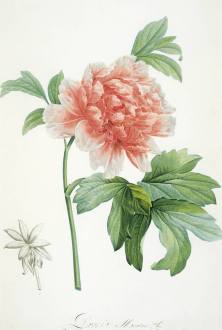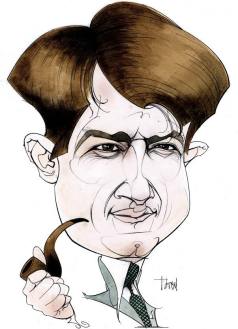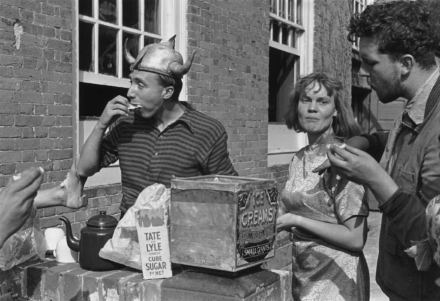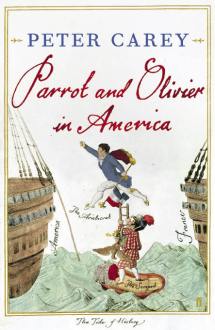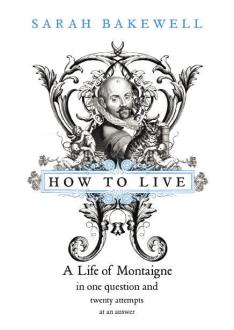Special providence …
When Ed Smith became a full-time professional cricketer for Kent in 1999 the county side was preparing for the new millennium by shedding anything that smacked of old-fashioned amateurism. Professionalism was to be a state of mind. Players were henceforth required to sign up to a new code of conduct. This Core Covenant consisted mainly of a succession of abstract nouns, though it also proclaimed its faith in the transformative power of setting targets by requiring a ‘pledge’ from all players that they would take at least 50 extra catches during every practice session. What was more, it took personal responsibility to a higher level by abolishing bad luck as


